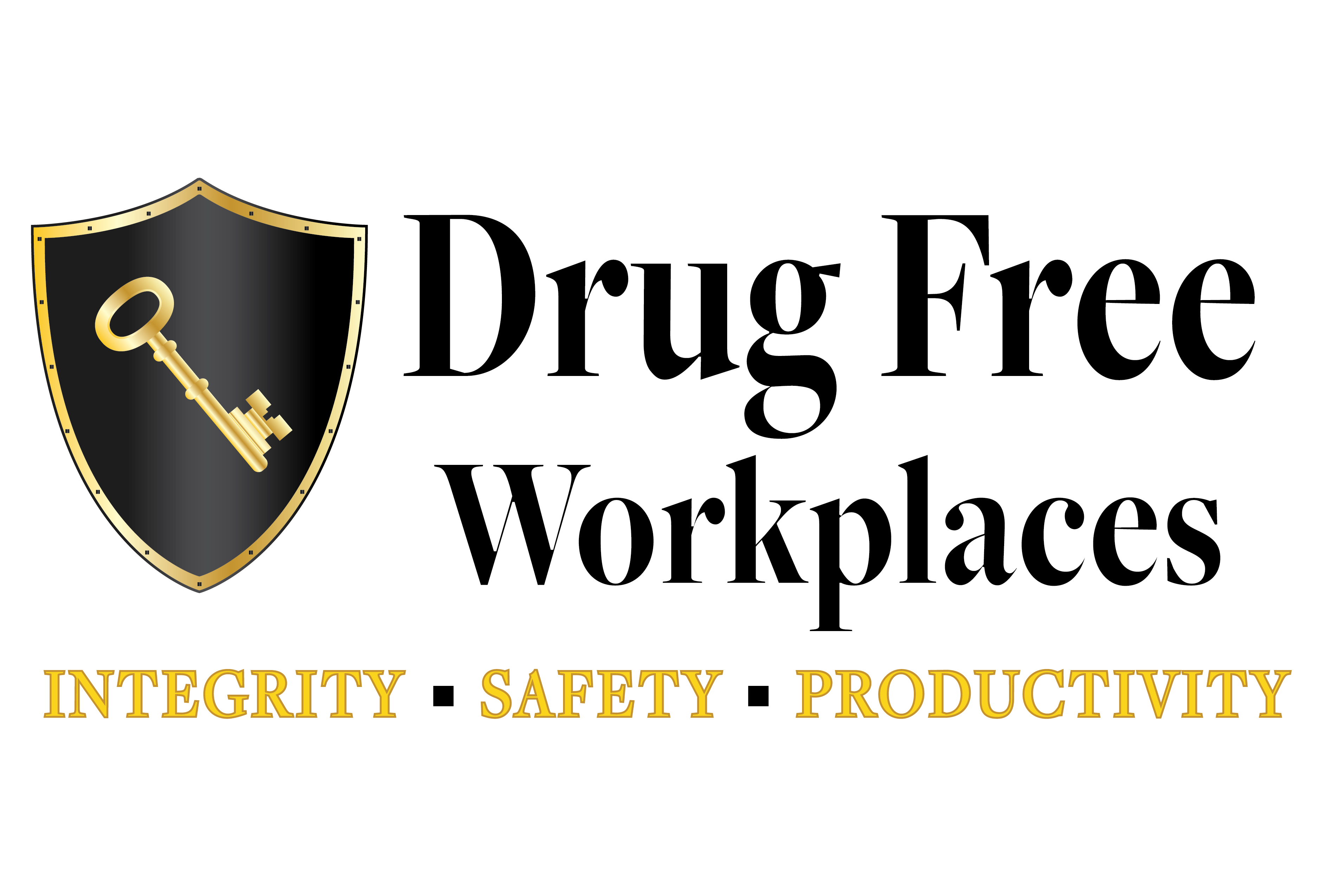
Frequently Asked Questions
The following are some of our most commonly asked questions, but do not hesitate to contact us with any additional questions.
Our goal is to provide our clients with a professional service to manage their drug and alcohol policies and testing. Furthermore, we strive to create service lines that ultimately contribute to the integrity, safety, and productivity of our clientele.
Drug testing is one way to protect your workplace from the negative effects of substance misuse. Conducting drug testing may help your organization comply with federal regulations or insurance carrier requirements. It can also improve workplace safety and reduce costs from misuse of alcohol and other drugs in the workplace. Furthermore, a drug-testing program can also deter employees from coming to work unfit for duty.
Although being certified drug- and alcohol-free greatly benefits your company, the management of the policies, regulations, and more can be very cumbersome and tedious. A partnership with our company will allow you to rely on the expertise of a trained team to manage the program for you.
Our diverse clientele includes state, local, and federal government agencies and Native American reservations/organizations, as well as small, medium, and large corporations.
Internally, we classify our clients as DOT and non-DOT. The U.S. Department of Transportation (DOT) rules apply to transportation employees working in, but not limited to, aviation, trucking, railroads, mass transit, pipelines, and other transportation industries. Non-DOT companies would include those that report to other regulatory bodies or companies that choose to implement a program on their own volition.
We do not collect samples at our office. Rather, we work with third-party laboratories to manage the collection of specimen and blood.
Utilizing a third-party management service provides an additional level of neutrality and unbiased review in the oversight of drug and alcohol policies and testing. Additionally, implementing such a program reduces workplace accidents, improves personnel retention, and may even decrease workers’ compensation premiums and claims.
“Understanding your responsibility as an employer or individual is pertinent to implementing a successful drug and alcohol compliance program.”
The federal government, as well as individual states, have written statutes as it relates to the requirements of drug and alcohol testing and procedures. While many companies report to a board within their industry, some organizations do not have a regulatory board. In those situations, the company themselves creates their level of standard as it applies to these policies.
The Clearinghouse is a secure, online database, containing violation records of drug and alcohol prohibitions in 49 CFR Part 382, Subpart B. Such violations include positive drug or alcohol test results, as well as test refusals. A driver’s return-to-duty process and follow-up testing plan is also documented in the Clearinghouse.
Furthermore, employers, the Federal Motor Carrier Safety Administration (FMCSA), state driver licensing agencies, and state law enforcement personnel have access to real-time information related to commercial driver’s license and commercial learner’s permit holders’ drug and alcohol program violations.
Civil penalties for an employer, employee, medical review officer, or service agent who violates the regulations implementing the Drug and Alcohol Clearinghouse will cost at least $5,833 for a single DOT violation.
Even as the sole driver, the federal regulations mandate that a drug and alcohol program be included in your company. Furthermore, the regulatory guidelines also specifically state that you must participate in a drug and alcohol testing consortium.
An owner-operator is defined as an employer who hires himself or herself as a CDL driver, typically a single-driver operation. The owner-operator is dually subject to the requirements pertaining to employers, as well as those pertaining to drivers. Under the Clearinghouse final rule, an employer who employs himself or herself as a CDL driver must designate a consortium/third-party administrator (C/TPA) to comply with the employer’s Clearinghouse reporting requirements (§382.705(b)(6)).
On October 7, 2021, the Federal Motor Carrier Safety Administration (FMCSA) published a final rule establishing requirements for State Driver Licensing Agencies (SDLAs). This rule is in regards to their access to and use of driver-specific information related to reported violations (86 FR 55718).
- SDLAs must not issue, renew, upgrade, or transfer a commercial driver’s license (CDL), or commercial learner’s permit (CLP), as applicable, for any individual prohibited under FMCSA’s regulations. These individuals may not receive updated licenses or permits to perform safety-sensitive functions or drive a commercial motor vehicle following or more more program violations.
- SDLAs must, upon receipt of notification that a driver is prohibited from operating a CMV due to a drug and alcohol program violation, initiate the downgrade process to remove the CLP or CDL privilege from the driver’s license within 60 days.
- Drivers completing the return-to-duty process before the downgrade process is completed would no longer be prohibited from operating a CMV and thus would no longer be subject to a downgrade.
- SDLAs have until November 18, 2024 (compliance date) to comply with these requirements. In addition, FMCSA extends the compliance date for the requirement that SDLAs query the Clearinghouse prior to issuing, renewing, upgrading, or transferring a CDL from January 6, 2023 to November 18, 2024. SDLAs currently have the option to voluntarily query the Clearinghouse and may do so up until the compliance date.
If a second collection is required, it will be indicated on the medical review office (MRO) verification statement. If the original test was random, no recollection is required or permitted.
However in the event of a pre-employment, return-to-duty, or follow-up test, the driver must submit to a recollection. For these three test types, the regulations require that an employee has a negative result before performing safety-sensitive duties.

